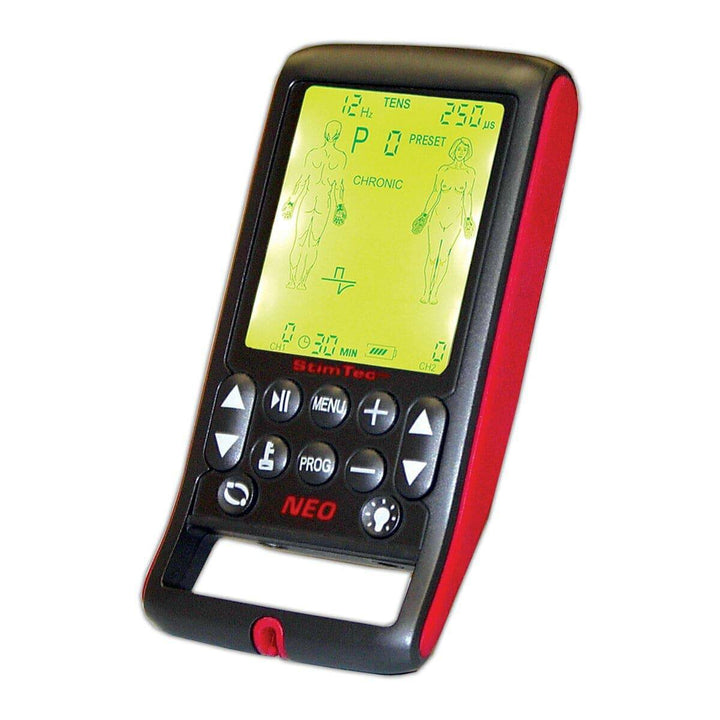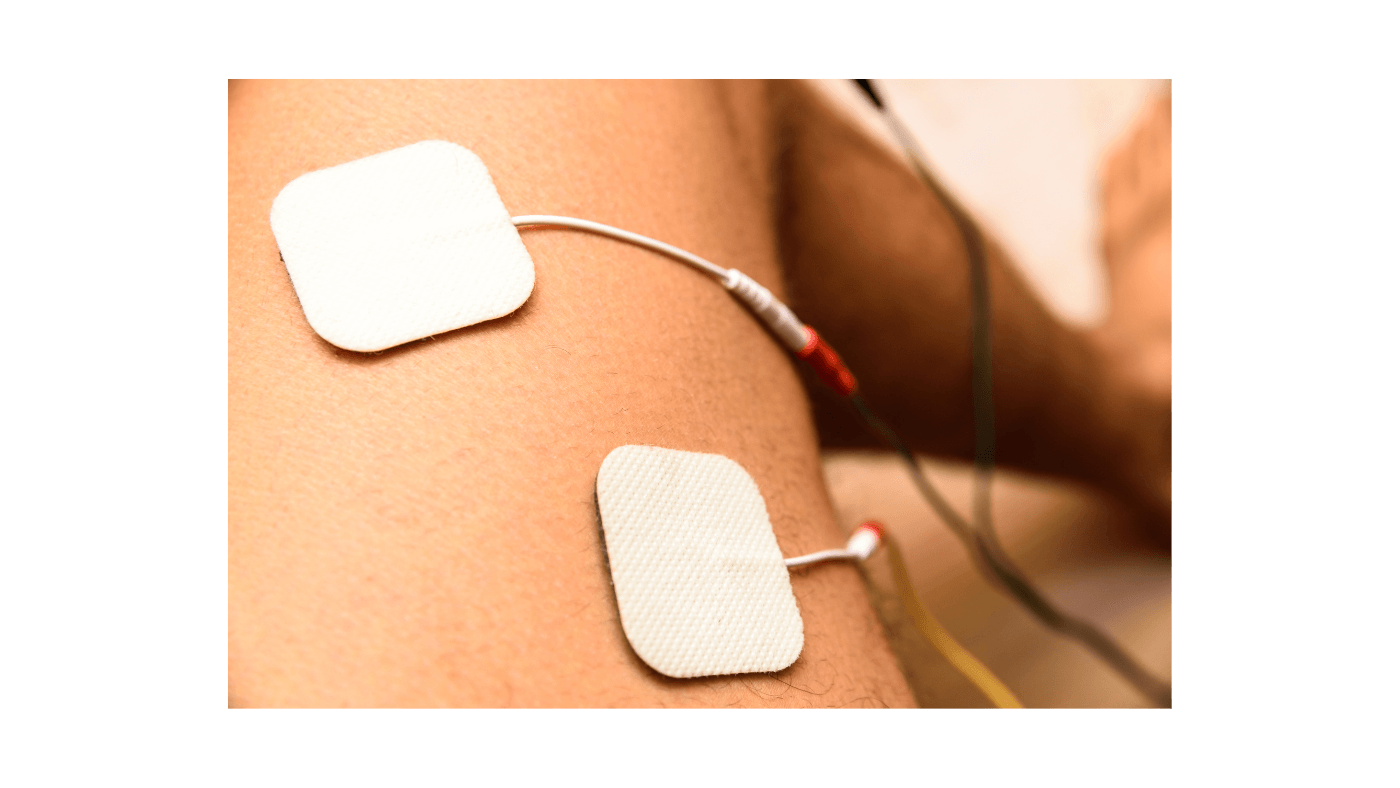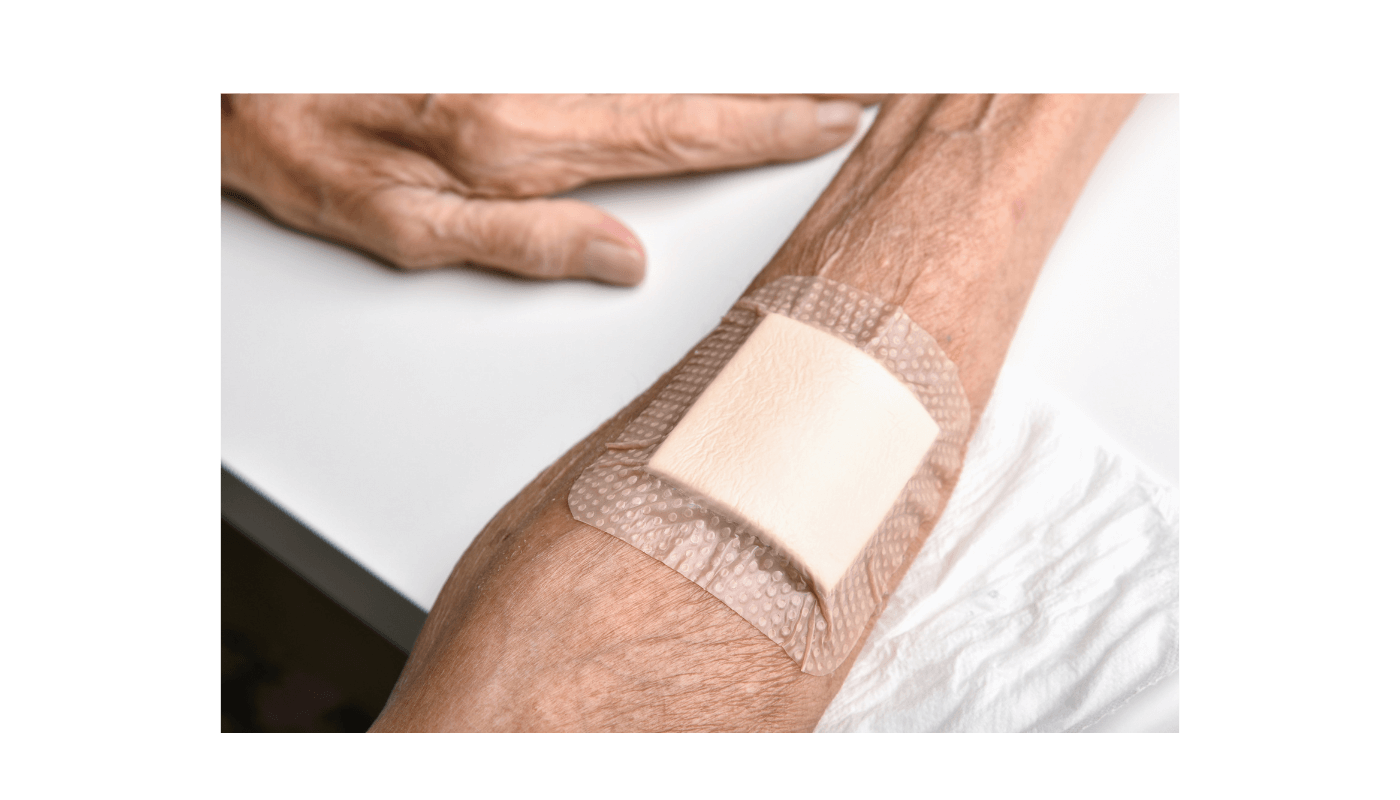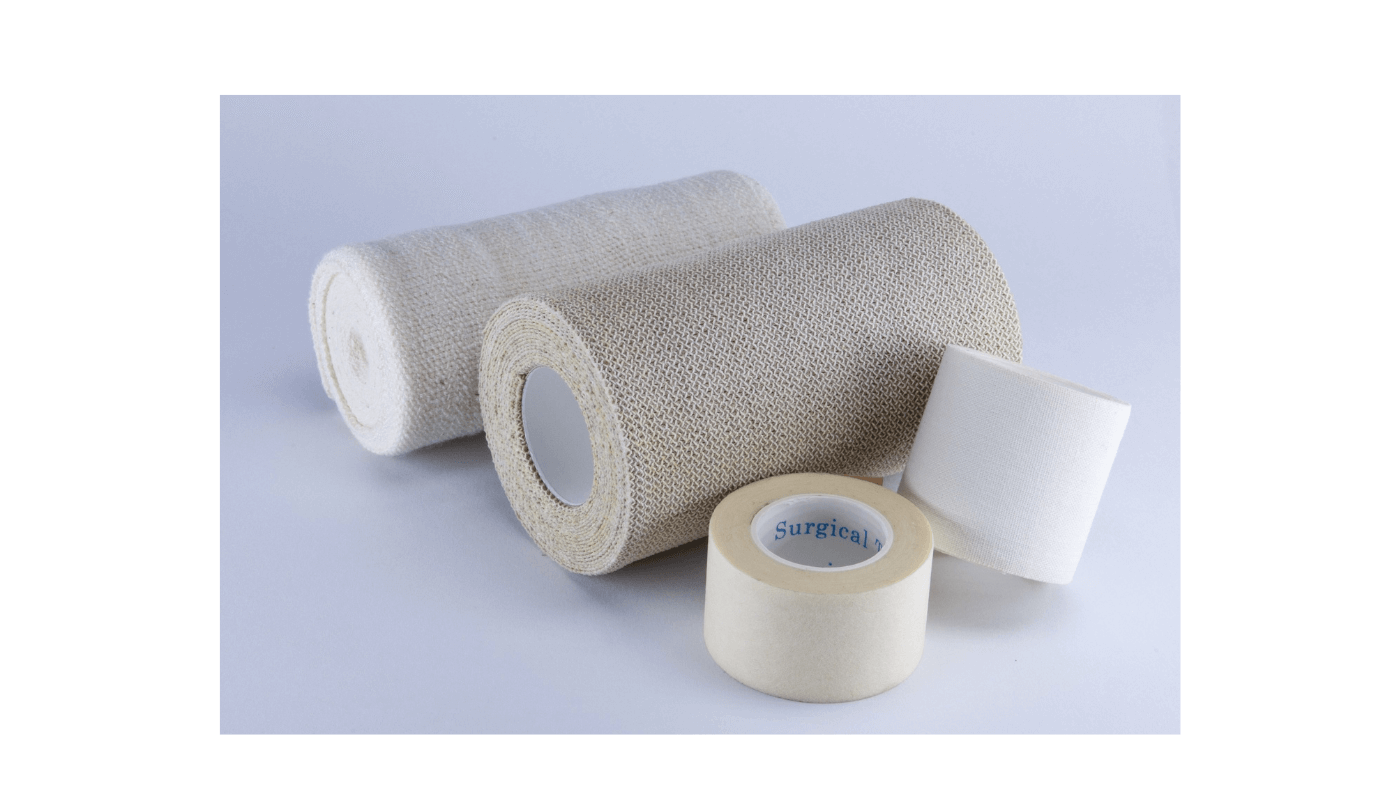What Does TENS Mean?
TENS is an electric nerve stimulation called Transcutaneous Electrical Nerve Stimulation (TENS). It is an innovative method for alleviating pain using a gentle electrical current.
The TENS device, a compact and battery-operated apparatus, has leads that connect to adhesive pads called electrodes. These electrodes are conveniently affixed directly onto the skin. When the TENS machine is activated, it emits minute electrical impulses to the targeted area, producing a tingling sensation.
This TENS technology is not new and has been used since the early 1970's. However, historical records from the first century in ancient Rome show the practice of standing on electric fish on the seashore for pain relief.
The TENS electrical impulses serve a dual purpose: they can diminish the transmission of pain signals to the spinal cord and brain, potentially offering relief from discomfort and promoting muscle relaxation. TENS may stimulate the production of endorphins, the body's natural pain-relieving chemicals.
Does TENS Work?
TENS has shown significant promise in alleviating pain and muscle spasms associated with various conditions, including arthritis, menstrual pain, endometriosis-related pelvic discomfort, knee pain, and sports injuries. It has even been employed successfully as a method for pain management during labour.
While TENS has yielded positive results for many individuals, ongoing research and clinical trials aim to establish its effectiveness more conclusively. Although high-quality scientific evidence is still being gathered, healthcare professionals have reported encouraging outcomes. It's important to note that the effectiveness of TENS can vary from person to person and depends on the specific condition being treated.
While TENS may not provide a permanent cure for pain, it often delivers valuable short-term relief without invasive procedures or medications. Its non-invasive nature and generally recognized safety profile make it a viable option as a standalone treatment or with conventional medical therapies.
Will TENS Work for You?
If you are contemplating TENS therapy, it is advisable to consult with a doctor. Although you can purchase your TENS device without medical guidance, undergoing a proper evaluation beforehand is preferable. This enables you to determine the appropriateness of a TENS machine for your specific needs and ensures that you are proficient in its correct usage.
To reap the full benefits of TENS therapy, it is essential to fine-tune the device's settings to match your condition accurately. TENS machines are widely available.
DR-HO'S Pain Therapy System 2-Pad (Basic Package) - TENS Device

$101.00
DR-HO’S Pain Therapy System 2 - Pad (Basic Package) - TENS Device DR-HO’S Pain Therapy System 2 - Pad TENS Device is a new high-tech device used for pain management, back pain, and rehabilitation. It is the first, most well-known,… read more
StimTec Neo TENS/EMS Microcurrent Device

$261.00
StimTec Neo TENS/EMS Microcurrent Device The StimTec Neo is the perfect solution for on-the-go electrotherapy. It's a soft case, lithium battery, and battery charger all in one. This means that you can take your Tens machine with you wherever you go.… read more
ProActive Libera Wire Free TENS Device

$37.00
$44.00
ProActive Libera Wire-Free TENS Device A TENS device is a small, battery-operated machine that sends electrical signals through electrodes placed on the skin; it sends tiny electrical impulses through the skin to the nerves to help prevent pain signals from… read more
ProActive Thera3+ TENS 3-in-1 Physiotherapy Device

$145.00
ProActive Thera3+ TENS 3-in-1 Physiotherapy Device The ProActive Thera3+ TENS 3-in-1 Physiotherapy Device is a device that is used to provide relief from pain. This TENS unit has three different modes: TENS (transcutaneous electrical nerve stimulation), EMS (electrical muscle stimulation,)… read more
Is it Normal for Muscles to Twitch When Using a TENS Machine?
It's perfectly fine if your muscles twitch while using your TENS machine, although it's not a requirement. What matters most is that the sensation you experience is comfortable, whether a buzzing, tingling, twitching or a combination of these feelings.
If the twitching becomes uncomfortable, simply lower the intensity of your settings until it feels more tolerable.
In some cases, physiotherapists intentionally use electrotherapy to induce muscle contractions. However, if you're using a TENS machine at home for pain relief, you can often achieve positive results without muscle twitching or contractions.
What does a TENS machine treat?
- Lower back pain
- Shoulder pain
- Tendinitis
- Bursitis
- Chronic Pelvic Pain
- Diabetes-related neuropathy
- Peripheral artery disease
- Arthritis
Using a TENS Machine at Home
The most common use for a TENS machine at home is for pain relief, also known as "sensory use."
Given TENS machines have grown dramatically in popularity, using a portable device at home is increasingly common. Below is a general guide on how to effectively utilize a TENS machine. This is a general overview of common features and uses so you know what to expect. If you acquire a TENS machine, always adhere to the manufacturer's specific instructions:
Portable Convenience: TENS machines are compact and lightweight, making them suitable for use while working or on the go. You can place them in your pocket, attach them to your belt, or hold them in your hand.
Duration of Use: TENS therapy can be used throughout the day for as long as needed. However, it is imperative not to use it while driving, operating machinery, or during bath or shower sessions (or in water for any reason).
Proper Electrode Placement: Ensure that the TENS machine is switched off before attaching the pads. Position the electrodes on either side of the afflicted area, maintaining a minimum separation of 2.5cm (1 inch).
Avoid Sensitive Areas: Never place the electrodes over sensitive areas such as the front or sides of your neck, temples, mouth, eyes, chest and upper back simultaneously, irritated, infected or broken skin, varicose veins, or numb areas.
Adjusting Intensity: Activate the TENS machine once the electrodes are correctly positioned. You will likely experience a mild tingling sensation on your skin. The device typically includes a dial to regulate the strength of the electrical impulses. Begin at a low setting and gradually increase it until the sensation becomes strong yet comfortable. If the tingling sensation becomes painful or uncomfortable, dial it back slightly.
Shutdown: After your TENS session, switch off the machine and gently remove the electrodes from your skin.
Do Not Use a TENS machine if you:
- have a pacemaker (or defibrillator)
- are pregnant (although it can be used under the supervision of a healthcare provider during labour)
- Have any implanted metallic device
- have a spinal cord stimulator
- cancer (do not apply to areas of known or suspected cancer)
- Deep Vein Thrombosis (DVT)
- on or near your chest if you have heart disease
Potential Side Effects
TENS therapy is a secure treatment option for most individuals with no notable side effects. However, some may develop skin redness and irritation due to allergies to the adhesive pads. Consult your GP, physiotherapist, or pharmacist for guidance if concerns arise. Special pads designed for individuals with allergies are available.
It is imperative to exercise caution with TENS therapy. Do not utilize it without first seeking medical advice if you have a pacemaker or any other electrical or metal implant in your body, if you are pregnant or may be pregnant (particularly in early pregnancy) if you have epilepsy or a heart condition, or if you suffer from an overactive bladder. Always prioritize safety when considering TENS as a pain management solution.
Conclusion
The TENS, or Transcutaneous Electrical Nerve Stimulation, has been well accepted by people wishing for pain relief and reducing the need for medication.
While detailed studies are still underway, it's a hopeful addition to pain management options, providing a chance for improved comfort and a possible reduction in reliance on medications.










